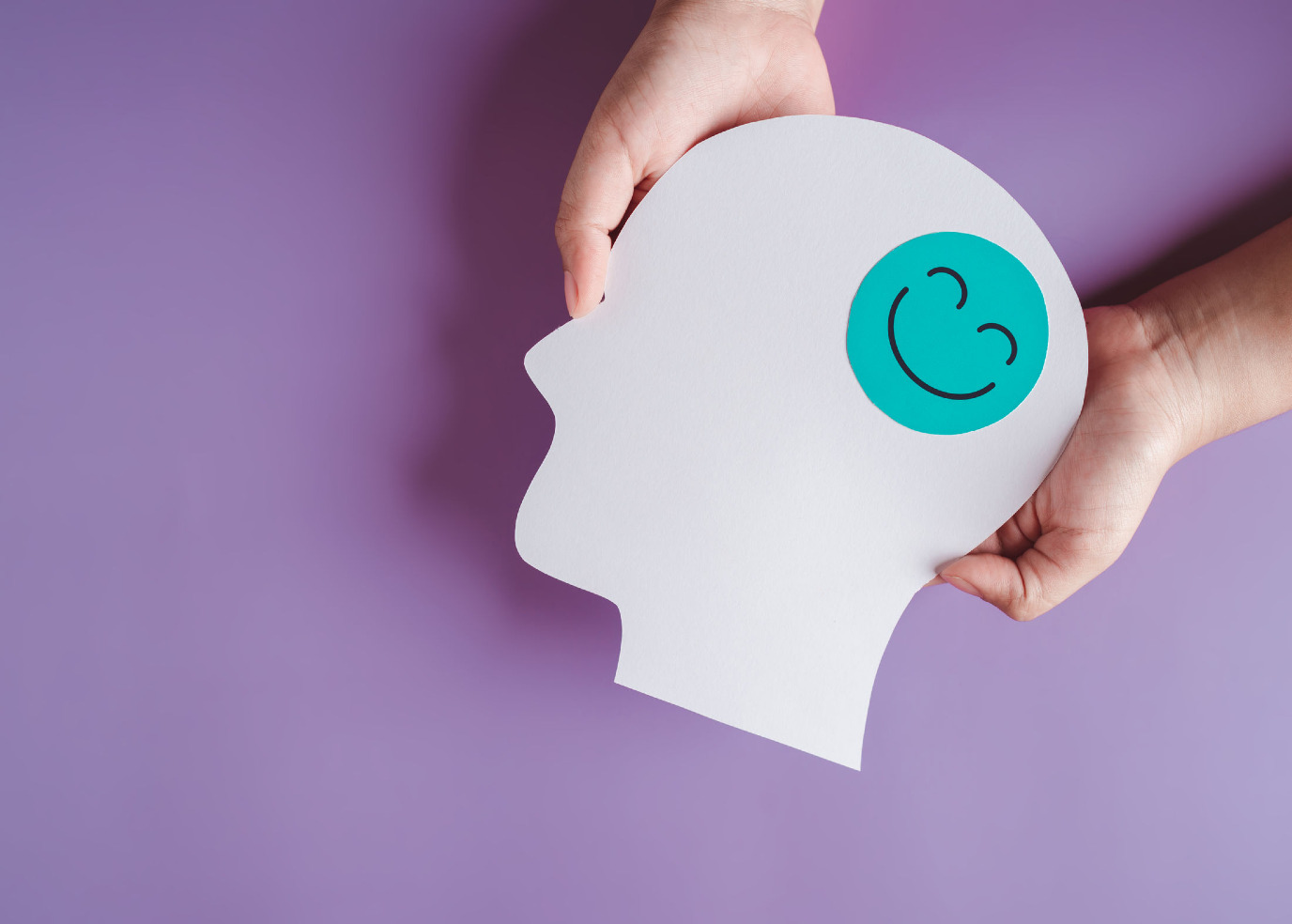Researchers: Use Personal Questionnaires to Monitor Progress in Psychotherapy

Personalized questionnaires can be used to monitor changes in individuals undergoing psychotherapy, according to recent research. In the study, over 400 individuals with anxiety and/or mood disorders filled out a personalized questionnaire daily during their treatment. Based on these personalized questionnaires, researchers were able to distinguish individual change profiles. These profiles predicted the success of the treatment.
The progress of psychological treatments is typically measured using standardized questionnaires. However, due to significant differences between clients—even when they have the same diagnosis—not all questions in these standardized questionnaires are relevant to everyone. Additionally, personal factors that may be important in the treatment process are not measured with such questionnaires.
Personal Questionnaires
Therefore, researchers Merlijn Olthof and Anna Lichtwarck-Aschoff, along with their colleagues, investigated whether a personal questionnaire would be a suitable alternative. As an integrated part of their treatment, over 400 clients with anxiety and/or mood disorders, together with their therapists, created a personal questionnaire which they then filled out daily.
Individual Variation & Turning Points
The personal questionnaires were found to be highly diverse. Clients came up with many different questions, and there was little overlap between clients. Furthermore, the answers to the personalized questionnaires showed that many clients scored differently from one day to the next. The researchers suspect that this represents a turning point at which a client improves abruptly. This suspicion is supported by the finding that clients experiencing such a change also scored better on standard questionnaires regarding symptoms and self-reflection.
Useful Component
The researchers conclude that personal questionnaires can be used to map the treatment process. In addition, an individual change profile calculated over the entire treatment could also serve as a measure of treatment outcome. According to them, to make optimal use of personal questionnaires in clinical practice, it is essential that the data be interpreted together with the client. Olthof states, "Through this interaction, the questionnaires become a useful part of the treatment rather than merely an administrative task, as standardized questionnaires are sometimes perceived."
More information
- Profile page Merlijn Olfthof
- Profile page Anna Lichtwarck-Aschoff
- Publication on OSF
- Publication in Tijdschrift voor Psychotherapie (Dutch - paywall)
More news
-
03 February 2026
‘Such willpower’
-
20 January 2026
Alcohol, texting, and e-bikes
-
13 January 2026
Lonneke Lenferink joins The Young Academy


